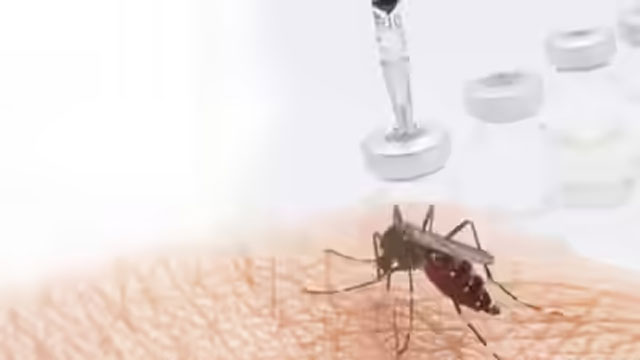Daijiworld Media Network – Dakar
Dakar, Oct 11: Senegal is grappling with its worst outbreak of Rift Valley Fever (RVF) in decades, with at least 18 deaths and over 100 confirmed infections since September, mainly in the northern livestock-producing regions.
Dr. Boly Diop, head of RVF surveillance at the Ministry of Health, said, “This is the first time Senegal has counted so many people affected.” The virus, though not new, poses a significant risk in rural and agricultural areas due to its ability to spread from animals to humans.

RVF is a mosquito-borne viral disease that primarily infects livestock such as sheep, goats, and cattle, but can also affect humans. The virus, first identified in Kenya’s Rift Valley in 1931, is transmitted via infected mosquitoes or direct contact with blood, organs, or fluids of sick animals. Human-to-human transmission has not been documented.
Symptoms in humans are mostly mild, resembling flu, including fever, headache, muscle pain, fatigue, nausea, and vomiting. Severe complications are rare but can include eye damage, brain inflammation, or hemorrhagic fever, the latter with a fatality rate around 50%.
Health authorities are monitoring the situation closely and advising precautions in livestock-handling areas to prevent further spread.